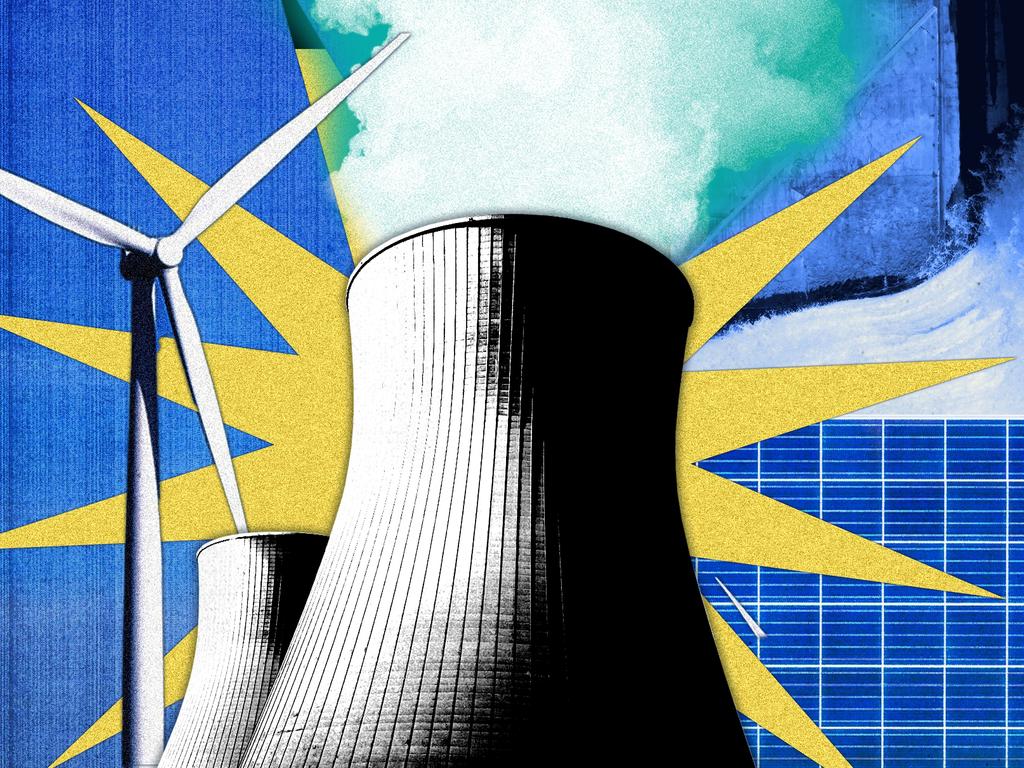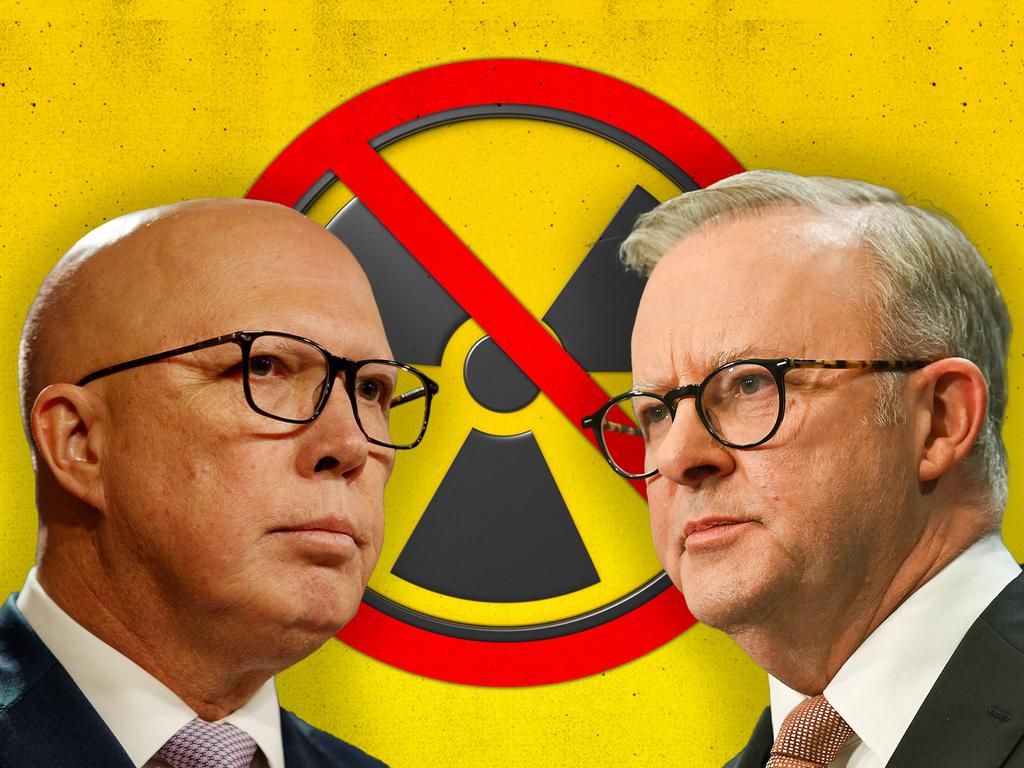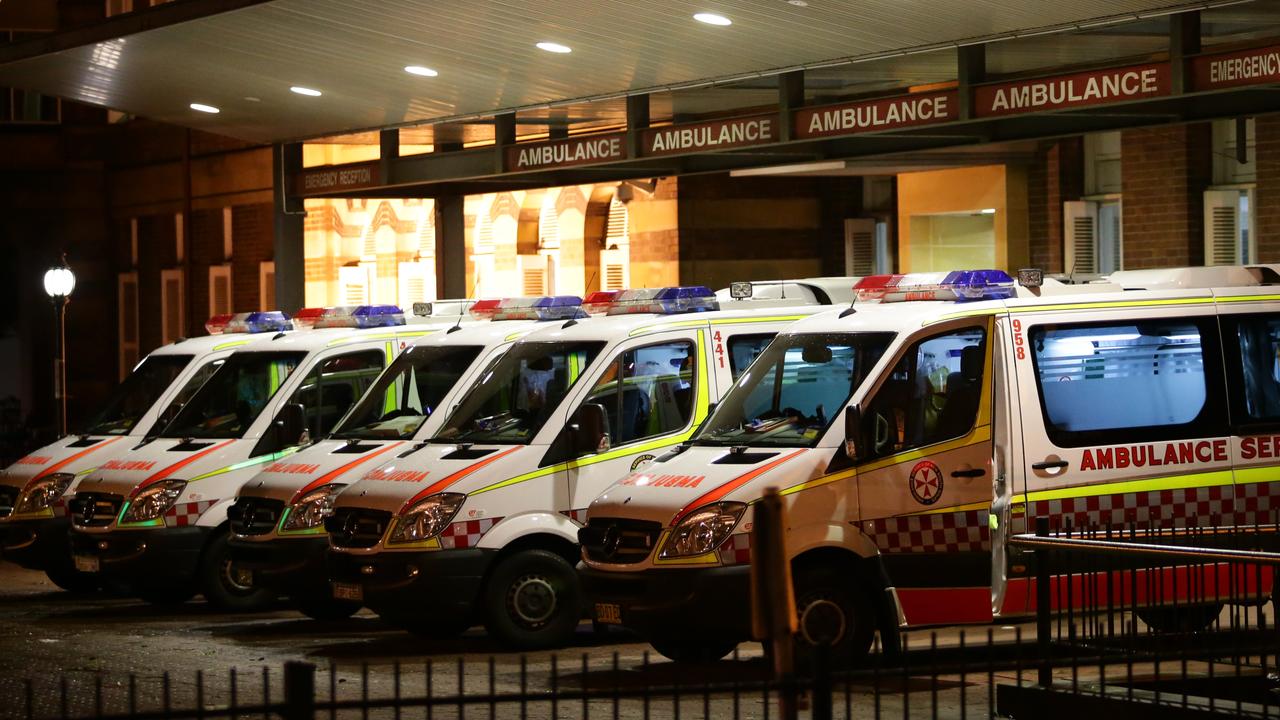Keeping the door closed on nuclear makes zero sense
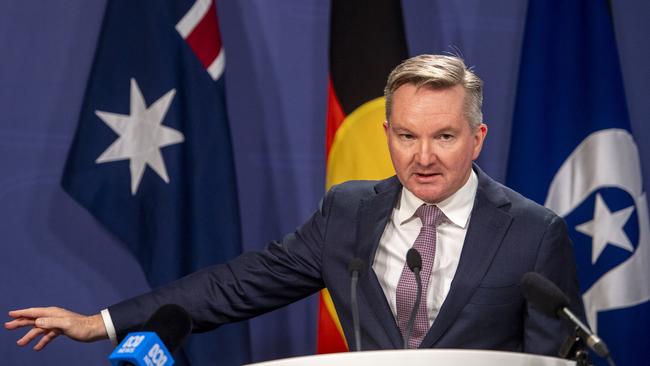
Many nations believe that achieving net-zero emissions by 2050 requires nuclear in their energy mix.
Australia is the only G20 country that maintains a nuclear ban. It has been 26 years since the Howard government agreed to the Greens’ amendment, a condition of proceeding with a research reactor at Lucas Heights in Sydney’s southwest. There’s no rational reason for maintaining the ban.
Just days ago the government signed an agreement with Britain described as “an important step in establishing a sovereign nuclear submarine build capability in Australia”.
Keeping the door closed on emissions-free, next-generation nuclear technologies makes no sense and is not in our national interest.
The recent Frontier Economics report outlined a less costly pathway to 2050 with nuclear in the mix. Labor clings to its mistaken belief that intermittent, weather-dependent renewables can power our economy.
With Climate Change and Energy Minister Chris Bowen rejecting gas even as a transition fuel, how will the government ensure reliable baseload power 24/7 to meet the demands of industry and households? Bowen’s immediate instinct was to score political points by challenging the credibility of Frontier Economics.
He described its costings as not passing the “sniff test” and claimed the figures were dodgy. Another minister said it had “the shelf life of a seafood milkshake”.
Bowen can’t sustain any credible argument about costs until the Albanese government makes public its whole-of-system costings for its Reliable Renewables plan. We know the government’s energy transition is anchored in magic pudding economics, held together by subsidy upon subsidy, taxpayer-funded relief packages and off-budget outlays.
The opaque underwriting of secret contracts for renewable projects provides a bonanza in what’s described as crony capitalism. The government’s costings remain a mystery, and the Energy Minister maintains the fiction that the plan would cost $122bn.
Bowen references the use of that figure by the Australian Energy Market Operator but conveniently fails to mention its exclusions. AEMO makes clear that “the $122bn value includes transmission augmentation, utility-scale generation and storage capex, and does not include the cost of commissioned, committed or anticipated projects, consumer energy resources and distribution network upgrades”.
What is being constructed is not the cheapest energy system for consumers, it’s the lowest-cost pathway to meet the government’s targets and objectives. That’s precisely why AEMO’s chief executive, at a Senate hearing, could not promise lower power prices.
Frontier Economics costed the opposition’s plan at $331bn, $263bn less than Labor’s at $594bn. How that 44 per cent cost differential will affect power prices is still to be revealed.
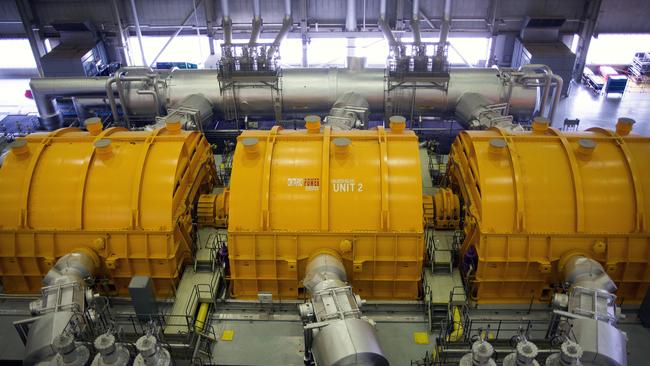
Bowen argues that extending the life of coal-fired power stations is “terrible news for Australia’s emissions … and for the reliability of our grid”. His statement is disingenuous.
A few days earlier he’d reached initial agreement to give the states the power to mandate the extension of retiring coal and gas-fired plants if that was needed to keep the lights on and ensure reliable supply – yet another confirmation of problems with Labor’s transition. This is the inevitable result of Labor’s plan that prioritises meeting the 2030 targets at the expense of ensuring reliable and affordable power all day, every day.
NSW Premier Chris Minns understood this and reached agreement with Origin Energy to keep the Eraring coal-fired power station operating at least until 2027. The Victorian government, in secret contracts, extended the life of Yallourn to mid-2028 and Loy Yang A until 2035. That leaves 10 coal-fired plants in the national market scheduled to remain operating beyond 2030; three in NSW, six in Queensland and one in Victoria.
Then there’s the critical issue of power prices and the broken 2022 election promise of power bills to be cut by $275 a year by 2025.
In a recent interview Bowen was asked: “If it wasn’t for cost-of-living subsidies, would power bills be cheaper next year?” He replied: “Well, I don’t quite follow the logic of that question. But look, we’ve just had the largest reduction on energy bills in Australian history according to the ABS.” Why did he resort to spin instead of stating the obvious?
An analysis of Australian Bureau of Statistics data reveals that without taxpayer subsidies we’d be paying prices that were higher by 66 per cent. Power bills will keep going through the roof while reliability falls and the queues in energy poverty grow.
Energy and cost-of-living pressures will be key issues at the election, which could be held as soon as late February. This timing would suit the government to avoid disclosing its 2035 emissions reduction target (previously suggested at 65-75 per cent); the draft power price increases for 2025-26, due in early March; and the bad news budget scheduled for March 25.
The Albanese government wants us to believe it governs in the Hawke tradition. On nuclear energy they are miles apart.
Bob Hawke believed in the contest of ideas and as a known supporter argued we should “put all the passions and prejudices to one side and look at the facts”. It would be a fitting tribute to his legacy for the government to lift the nuclear ban, make public its whole-of-system costings and lead a meaningful debate on an issue of such national importance.
Jennie George is a former ACTU president and Labor MP for Throsby.


